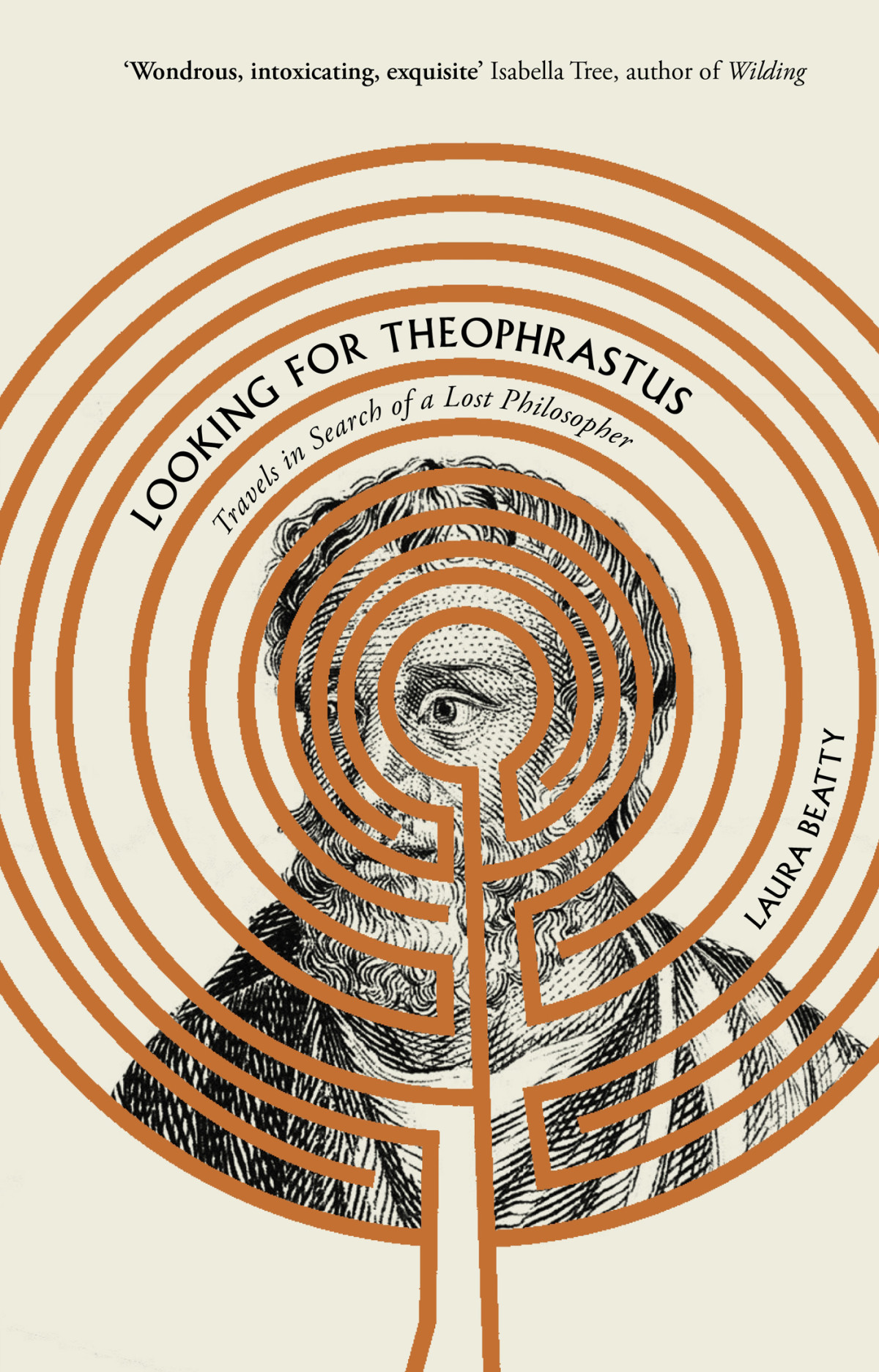

Most ebook files are in PDF format, so you can easily read them using various software such as Foxit Reader or directly on the Google Chrome browser.
Some ebook files are released by publishers in other formats such as .awz, .mobi, .epub, .fb2, etc. You may need to install specific software to read these formats on mobile/PC, such as Calibre.
Please read the tutorial at this link: https://ebookbell.com/faq
We offer FREE conversion to the popular formats you request; however, this may take some time. Therefore, right after payment, please email us, and we will try to provide the service as quickly as possible.
For some exceptional file formats or broken links (if any), please refrain from opening any disputes. Instead, email us first, and we will try to assist within a maximum of 6 hours.
EbookBell Team

0.0
0 reviews"Standing on the deck of a ferry boat, Laura Beatty watches as the assembled port and buildings of mainland Greece disappear from view. Her destination is Lesbos, but she's not only travelling across the stretch of glittering blue sea - she's also travelling 2,000 years into the past, to a time when the world was a wild place of gods and warrior kings. It's here she needs to go to retrieve a forgotten philosopher, one who worked side-by-side with Aristotle to learn and to classify the world, to rely on his senses rather than myth to explain what governs the seasons and the soil, to put down on parchment the glorious multiplicity of character types he met on his travels across ancient Greece. That philosopher is Theophrastus, a gentle, peaceful, wondering man whose work took him from the academies of Athens to the reckless court of Philip of Macedonia, and in time would would inspire Linnaeus' system of classification and, quite possibly, Chaucer's Canterbury Tales - and the modern form of the novel that the Tales, in turn inspired. But if one person achieved so much, why is his name so little recognised? In Looking for Theophrastus, Laura Beatty restores this important figure to collective consciousness, and in doing so travels in Theophrastus's own footsteps, exploring how we see, receive and relate to the world around us and questioning what we lose from the modern way of living when we forget those ancients who first taught us how to see"--Publisher's description.